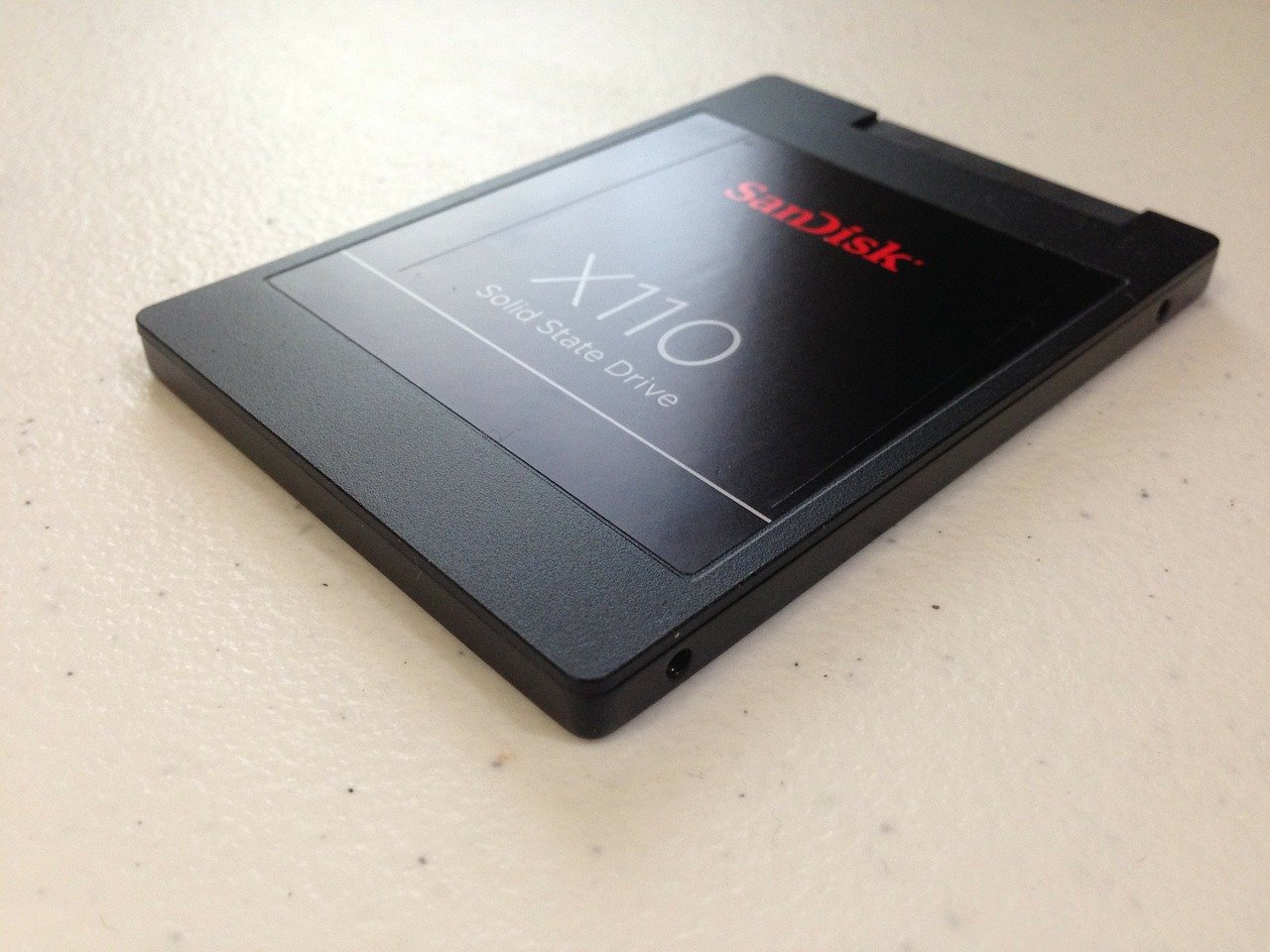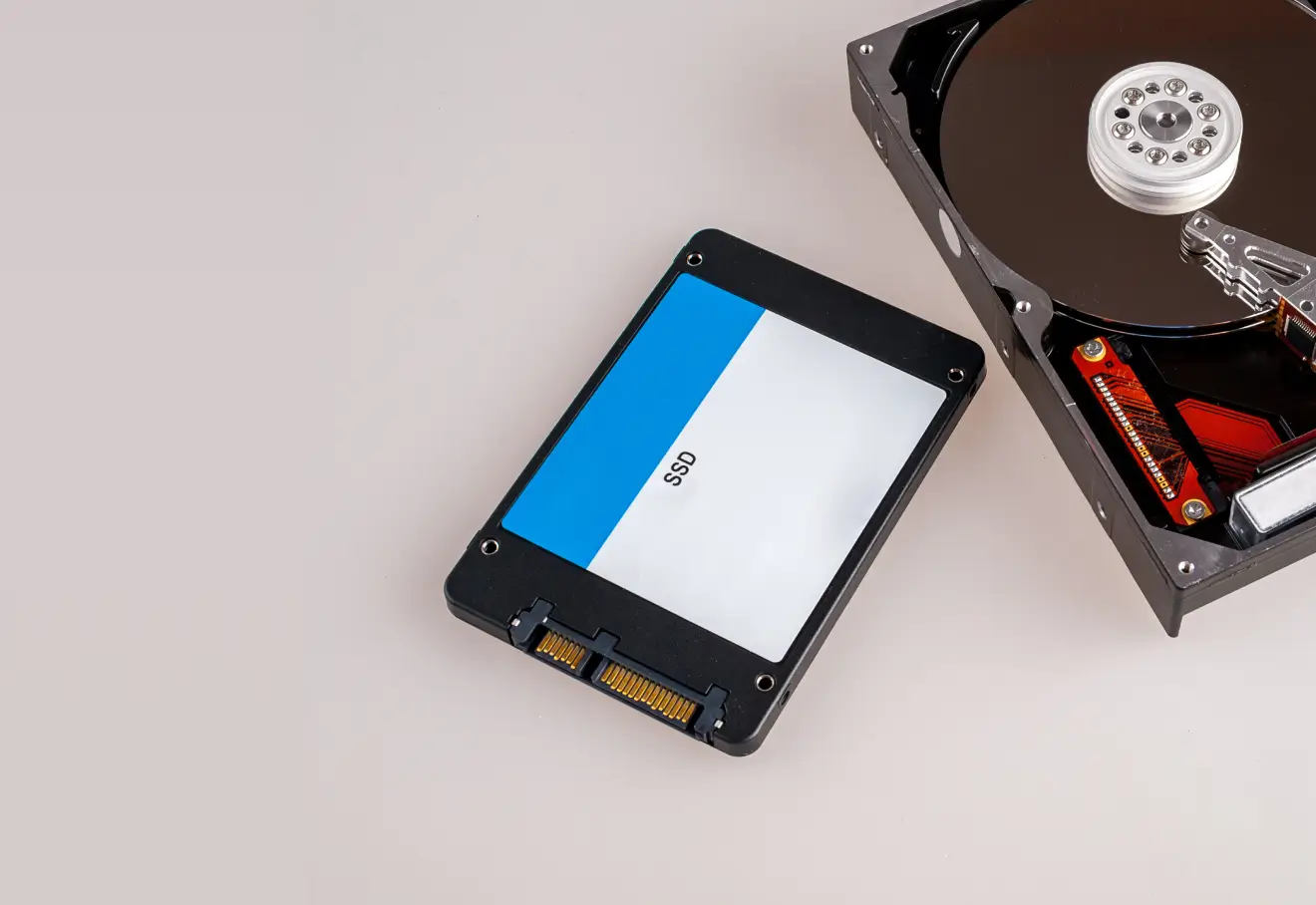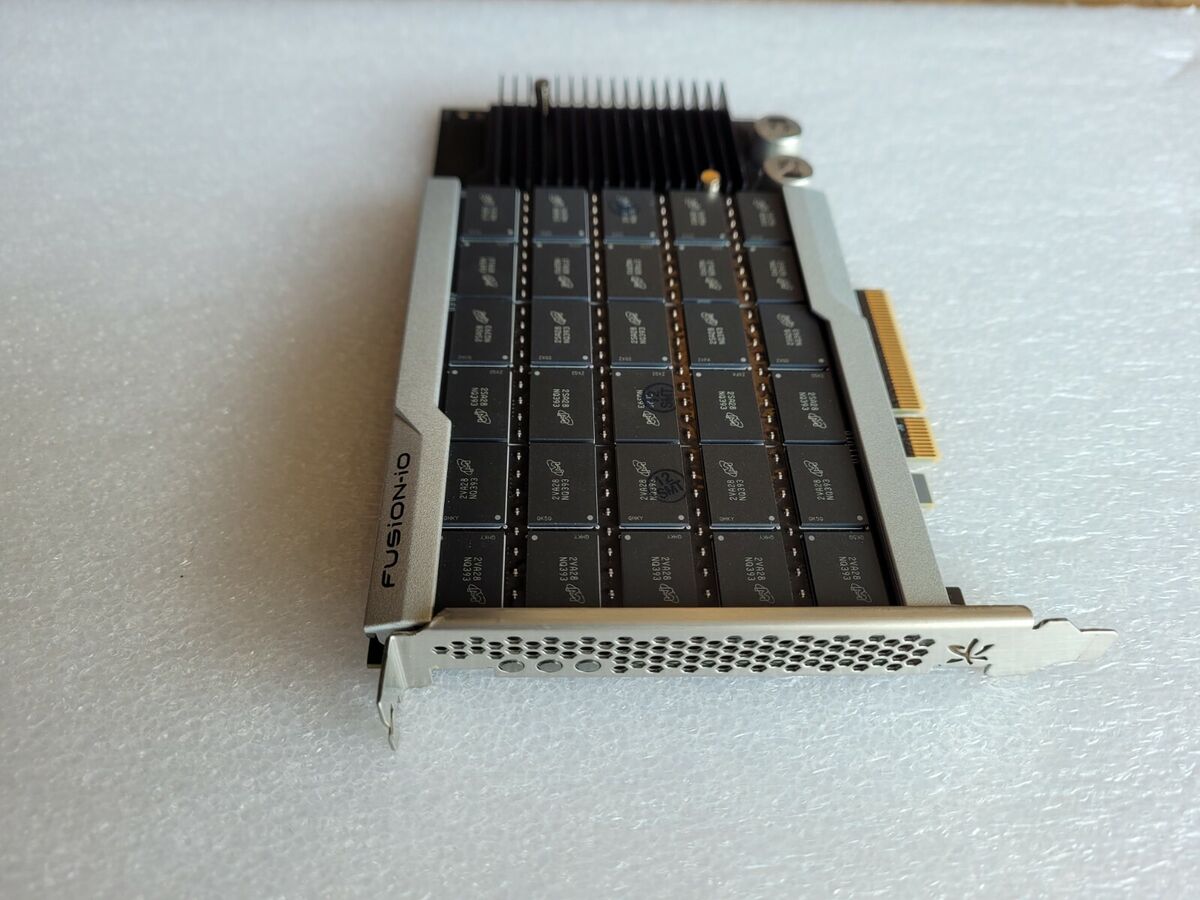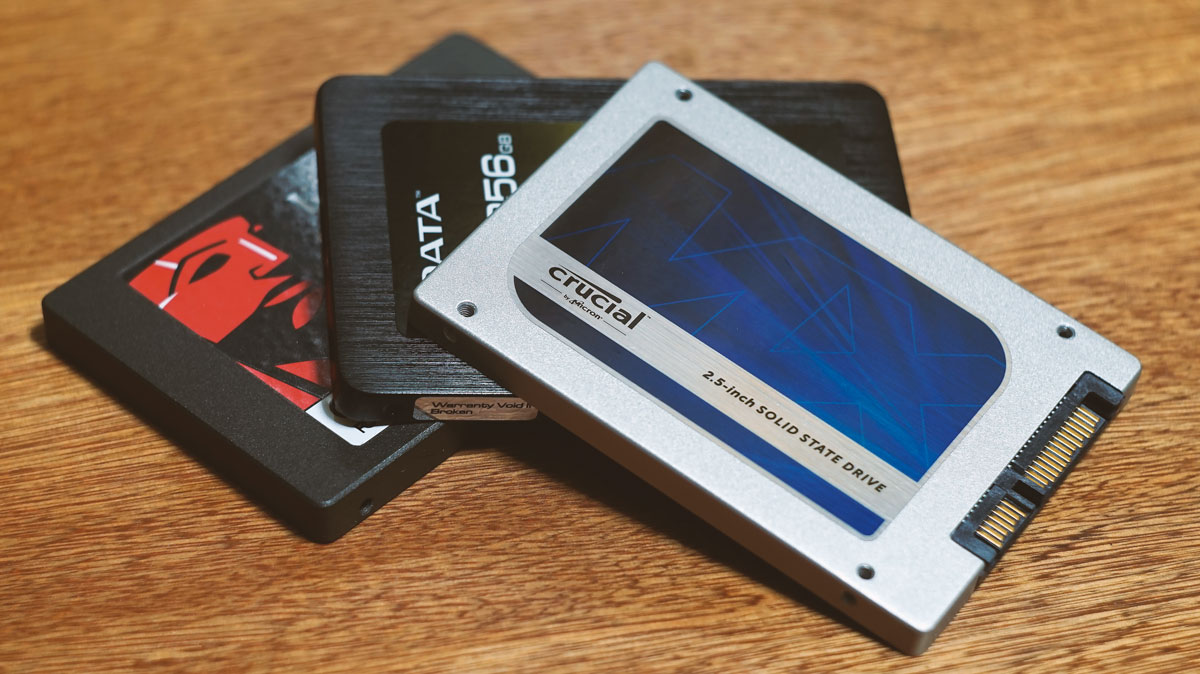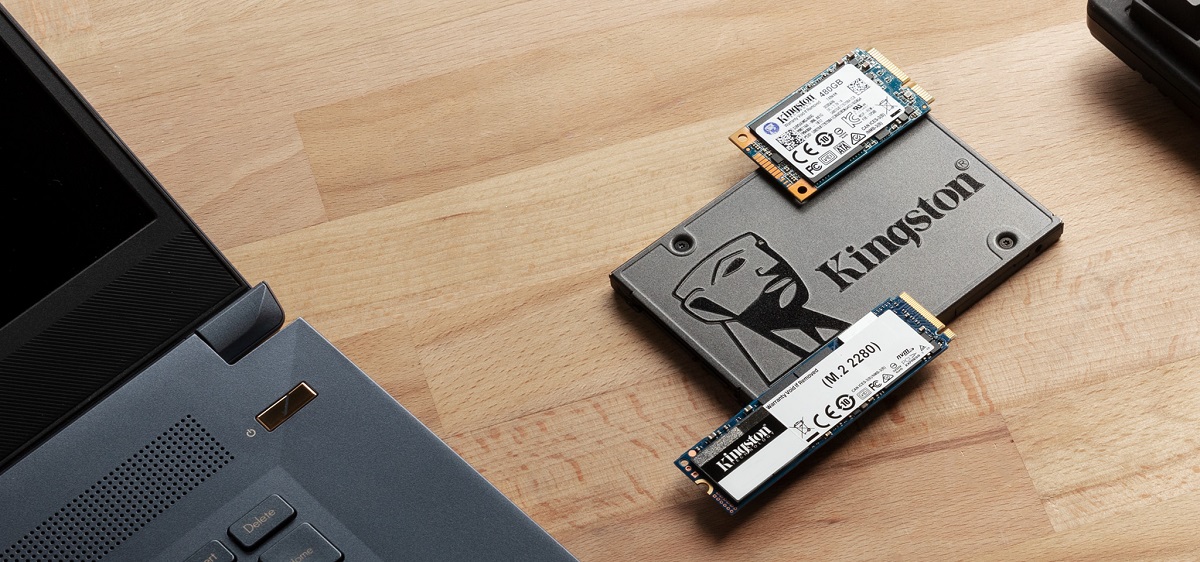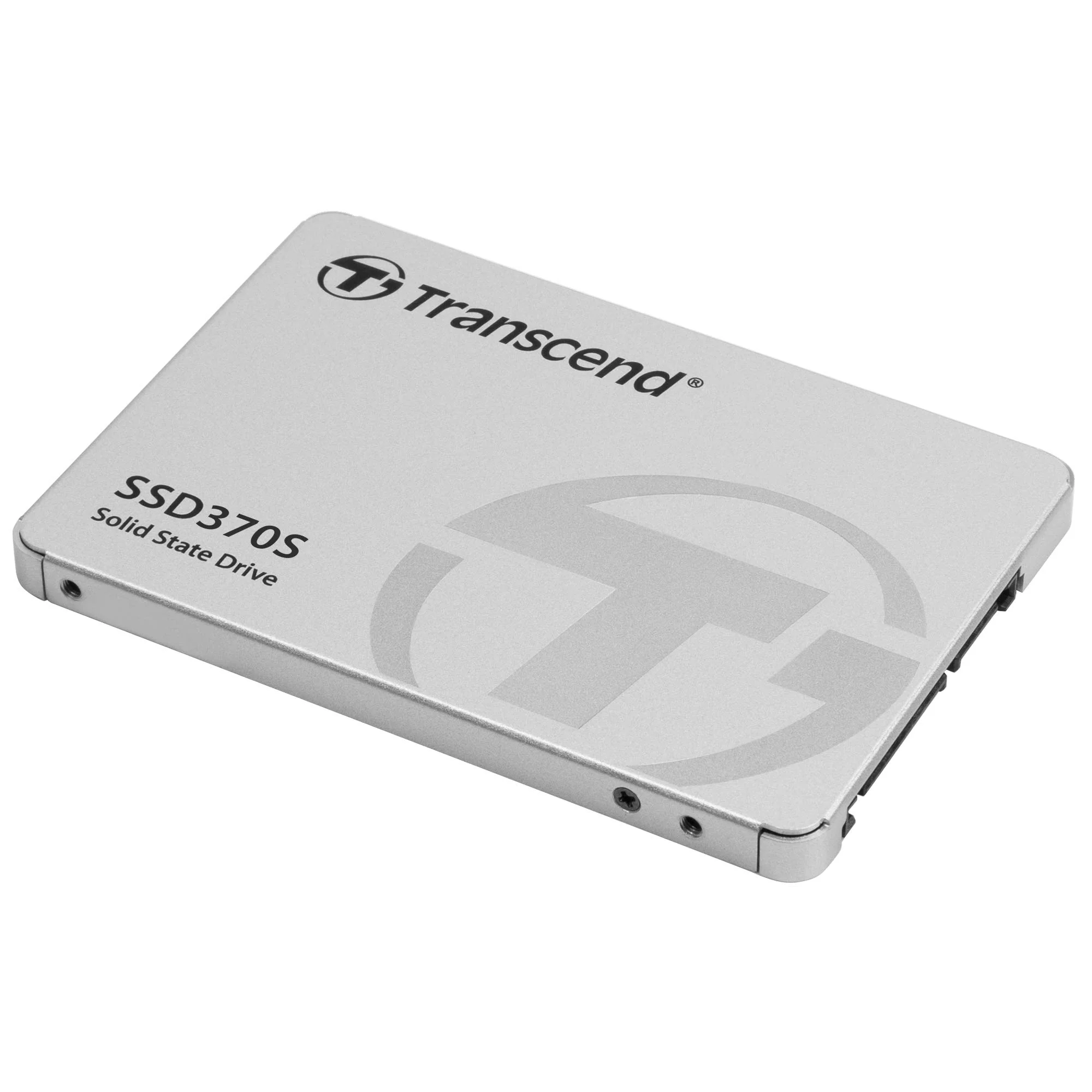Introduction
When it comes to computer storage, solid state drives (SSDs) have quickly become the preferred choice over traditional hard disk drives (HDDs). With their numerous advantages and advancements in technology, SSDs have revolutionized the way we store and access data. In this article, we will explore the advantages of using a solid state drive and how it can significantly improve the performance and efficiency of your computer.
Gone are the days when users had to rely on slow and bulky hard disk drives that were prone to mechanical failures. Solid state drives, on the other hand, are built with innovative flash memory technology, making them much faster, more reliable, and durable. As the name suggests, SSDs do not have any moving parts, which eliminates the risk of mechanical failure, making them an ideal choice for both personal and professional use.
So, what exactly are the advantages of using a solid state drive? Let’s dive in and find out how SSDs can make a significant difference in your computing experience.
Faster Speed
One of the most significant advantages of using a solid state drive is the remarkable increase in speed compared to traditional hard disk drives. SSDs utilize flash memory technology, which allows for faster read and write speeds, resulting in improved overall performance.
With an SSD, you can experience lightning-fast boot-up times, reducing the waiting period before your computer is ready to use. Applications and files load almost instantly, eliminating lag and improving productivity, whether you’re gaming, editing videos, or working on heavy data tasks.
Traditional hard disk drives rely on spinning disks and mechanical read/write heads to access data, which can significantly slow down the process. SSDs, on the other hand, have no moving parts and can access data instantly, resulting in a smoother and more responsive computing experience.
SSDs also excel in random access times, meaning that accessing scattered files across different parts of the drive is much faster compared to HDDs. This is especially beneficial for tasks that involve multiple file operations simultaneously, such as video editing or running virtual machines.
Enhanced Performance
Besides faster speed, a solid state drive offers enhanced overall performance compared to traditional hard disk drives. The advanced technology and architecture of SSDs contribute to improved efficiency and responsiveness, allowing you to accomplish tasks more effectively.
One notable aspect of enhanced performance is the reduced latency provided by SSDs. With their fast access times, SSDs minimize the delay between requesting and retrieving data, resulting in a more seamless user experience. Whether you’re launching applications, navigating through files, or multitasking, you’ll notice a significant reduction in lag and waiting times.
Moreover, solid state drives help optimize system performance by reducing fragmentation. Fragmentation is a common issue with traditional hard disk drives, where files are stored in different blocks scattered across the drive, leading to slower read and write speeds. SSDs, on the other hand, have uniform access times, eliminating the need for defragmentation and maintaining consistent performance throughout the lifespan of the drive.
In addition, the improved performance of SSDs contributes to faster data transfer rates. Whether you’re transferring large files or backing up data, an SSD can handle the task with exceptional speed and efficiency. This is particularly beneficial for professionals who deal with extensive data processing or require frequent data transfers.
SSDs are also known for their superior multitasking capabilities. Thanks to their swift access and read/write speeds, you can run multiple applications simultaneously without experiencing performance degradation. This is especially useful for professionals who rely on resource-intensive tasks or individuals who engage in heavy gaming.
Increased Durability
When it comes to durability, solid state drives (SSDs) have a clear advantage over traditional hard disk drives (HDDs). HDDs have moving parts, such as spinning disks and read/write heads, which are prone to mechanical failures. On the other hand, SSDs have no moving parts, making them more robust and reliable.
The absence of moving parts in SSDs means that there are fewer components that can fail, resulting in a longer lifespan. HDDs, on the other hand, are susceptible to wear and tear due to the continuous spinning of the disks and the constant movement of the read/write heads. This makes SSDs more durable and less prone to mechanical failures, making them a suitable choice for portable devices that may experience bumps or shocks during transport.
SSDs are also known for their resistance to physical damage caused by drops, vibrations, or extreme temperatures. While HDDs are sensitive to shocks and impacts, even a minor mishap can lead to irreversible data loss. With an SSD, you can have peace of mind knowing that your data is safe, even if your device encounters external factors that could potentially damage the drive.
Additionally, SSDs have a higher tolerance for temperature variations. They can withstand extreme temperatures ranging from hot to cold without experiencing performance degradation or damage. This makes them ideal for use in environments where temperature control may be challenging, such as industrial settings or outdoor activities.
Furthermore, the durability of SSDs plays a crucial role in data security. HDDs that experience mechanical failures often result in data loss that is difficult, if not impossible, to recover. With SSDs, the risk of data loss due to physical damage is significantly reduced, ensuring the integrity and availability of your important files and documents.
Reduced Noise and Heat
One of the notable advantages of using a solid state drive (SSD) is the reduced noise and heat compared to traditional hard disk drives (HDDs). HDDs generate noise and heat due to the mechanical movement of spinning disks and read/write heads, whereas SSDs, being void of moving parts, operate silently and produce significantly less heat.
The absence of moving parts in SSDs eliminates the mechanical noises associated with HDDs, such as the spinning sound of disks and the clicking noise of read/write heads. This results in a quieter computing environment, allowing you to focus on your work or enjoy a more peaceful entertainment experience.
Moreover, the reduction in heat production makes SSDs more energy-efficient and helps maintain optimum internal temperatures within your computer system. HDDs tend to generate a considerable amount of heat due to the mechanical components in operation, which can lead to system overheating and reduced performance over time.
SSDs, on the other hand, have solid-state flash memory that generates minimal heat. This not only contributes to quieter and cooler operation but also helps prolong the lifespan of other internal components, such as the CPU and motherboard, by reducing the overall heat stress on the system.
The reduced heat generation of SSDs also makes them suitable for use in smaller systems, such as laptops or small form factor PCs, where space for cooling is limited. The lower heat output allows for better heat dissipation and improved overall system stability, ensuring that your device operates at its optimal performance without the need for excessive cooling mechanisms.
Furthermore, the reduced heat production of SSDs can have a positive impact on energy efficiency and battery life. As SSDs consume less power and generate less heat, they put less strain on the battery, resulting in longer battery life for laptops and other portable devices.
In summary, SSDs offer the advantage of quiet and cool operation, benefiting users who desire a quieter computing experience, need to operate in small form factor systems, or require extended battery life for their portable devices.
Improved Battery Life
A significant advantage of using a solid state drive (SSD) is its positive impact on battery life, especially for laptops and other portable devices. Compared to traditional hard disk drives (HDDs), SSDs consume less power, resulting in improved energy efficiency and longer-lasting battery performance.
HDDs rely on mechanical components, such as spinning disks and read/write heads, which consume a considerable amount of power during operation. On the other hand, SSDs utilize solid-state flash memory that requires minimal power to access data. This reduced power consumption directly translates into extended battery life for your device.
With an SSD, you can expect your laptop or portable device to run for a longer duration on a single charge. This is particularly advantageous for users who are constantly on the go or rely on their devices in situations where charging options may be limited, such as during travel, conferences, or outdoor activities.
In addition to the lower power consumption, SSDs also contribute to improved battery life by reducing the system’s overall heat production. Heat is a major factor that affects battery performance, as higher temperatures can accelerate the chemical reactions within the battery and cause it to drain faster.
Since SSDs generate less heat compared to HDDs, they help maintain a cooler operating temperature for your device. Cooler temperatures not only optimize the performance of internal components but also contribute to longer-lasting battery life.
Furthermore, the efficient power management of SSDs allows them to adapt to varying workloads and minimize unnecessary energy consumption. When your device is idle or performing light tasks, an SSD can enter low-power states more efficiently than an HDD, conserving battery power without sacrificing responsiveness.
Overall, the improved battery life offered by SSDs provides users with the flexibility and convenience of using their devices for longer periods without the constant need for charging. Whether you’re working on important tasks, watching movies, or simply browsing the web, an SSD can significantly extend the battery life of your laptop or portable device.
Efficient Power Consumption
Efficient power consumption is another significant advantage of using a solid state drive (SSD) over traditional hard disk drives (HDDs). SSDs are designed to be energy-efficient, ensuring optimal power usage without compromising performance.
Unlike HDDs that require the constant spinning of disks and movement of read/write heads, SSDs utilize solid-state flash memory, which consumes significantly less power during operation. This efficient power consumption has several benefits, including reduced energy costs and a positive environmental impact.
The lower power consumption of SSDs translates into lower energy bills for individuals and businesses. As SSDs require less power to operate, they contribute to energy savings over time. This can be particularly advantageous for organizations that operate large-scale data centers or rely on multiple computers, leading to substantial cost reductions in the long run.
In addition to the financial benefits, the efficient power consumption of SSDs also contributes to a greener environment. By consuming less energy, SSDs minimize the carbon footprint associated with power generation. This is particularly important in today’s world, where sustainability and reducing greenhouse gas emissions are critical concerns.
Furthermore, the efficient power management capabilities of SSDs allow them to adapt to varying workloads and optimize power usage. Unlike HDDs that consume a consistent amount of power regardless of the workload, SSDs can scale their power consumption based on the needs of the system.
For example, during periods of idle or light usage, an SSD can enter low-power states more efficiently, conserving energy while still maintaining responsiveness. This adaptive power management ensures that energy is not wasted when a system is not performing resource-intensive tasks, leading to further energy savings.
Overall, the efficient power consumption of SSDs offers both economic and environmental benefits. With lower power requirements and adaptive power management, SSDs contribute to energy savings, reduced energy costs, and a greener footprint. Whether you’re a business looking to reduce expenses or an environmentally conscious individual, SSDs can help you achieve your goals while still enjoying fast and reliable storage performance.
Greater Storage Capacity
In addition to the numerous advantages mentioned earlier, solid state drives (SSDs) offer greater storage capacity compared to traditional hard disk drives (HDDs). As technology has advanced, SSDs have become available in larger capacities, allowing users to store more data and files on their devices.
HDDs typically have lower storage capacities compared to SSDs. While HDDs with capacities up to a few terabytes are available, SSDs can now be found in capacities ranging from several hundred gigabytes to multiple terabytes. This expanded storage capacity is especially beneficial for users who work with large multimedia files, intensive software applications, or data-intensive tasks.
With a greater storage capacity, users can enjoy the convenience of storing a larger volume of files and data directly on their SSDs without the need for external storage solutions. Whether you’re a professional in need of ample storage space for your project files or a casual user who enjoys having a vast media library at your fingertips, SSDs can accommodate your storage requirements.
Additionally, SSDs offer benefits in terms of efficiency and organization. As SSDs provide faster access times compared to HDDs, retrieving and accessing data from larger storage capacities becomes quicker and more efficient. Whether you’re searching for a specific file or navigating through folders, SSDs can handle the task with minimal delay, enhancing productivity and user experience.
Moreover, the compact and lightweight design of SSDs allows for greater storage capacity in smaller and more portable devices. SSDs are ideal for laptops, ultrabooks, and other slim devices where space is a premium. With SSDs, users can have the flexibility to carry a significant amount of data with them wherever they go, without the need for bulky external drives.
Furthermore, the availability of larger storage capacities in SSDs has made it easier for individuals and businesses to transition to solid state technology without sacrificing storage needs. As SSDs continue to become more affordable and accessible, users can take advantage of the increased storage capacities to improve performance and reliability without compromise.
In summary, the greater storage capacity offered by SSDs provides users with the means to store and access a larger volume of data directly on their devices. Whether you’re a professional requiring ample storage space or a casual user with a vast media collection, SSDs can accommodate your storage needs while delivering fast and reliable performance.
Faster Boot-Up Time
One of the remarkable advantages of using a solid state drive (SSD) is the significantly faster boot-up time compared to traditional hard disk drives (HDDs). The speed at which an SSD can initialize and load the operating system contributes to a swift and seamless user experience.
When you power on a device with an SSD, the time it takes for the operating system to load and the system to become usable is noticeably reduced. This means that you can start working or accessing your files within seconds, rather than waiting for minutes with an HDD.
While HDDs rely on the mechanical movement of spinning disks and read/write heads, SSDs utilize flash memory technology, which allows for lightning-fast data access. The absence of moving parts in SSDs eliminates the need to wait for the physical components to spin up and position themselves, resulting in an almost instant boot-up process.
Another contributing factor to the faster boot-up time is the sequential read speed of SSDs. SSDs can read data in a continuous sequence, regardless of where the data is physically located on the drive. This means that the operating system and necessary files can be accessed and loaded quickly, further reducing the boot-up time.
Additionally, SSDs excel in random access times, allowing for rapid retrieval of scattered files across the drive. This is particularly beneficial during the boot-up process, as many different files need to be accessed simultaneously. SSDs can perform these operations with exceptional speed, resulting in a quicker boot-up time and a more responsive system.
The faster boot-up time offered by SSDs not only enhances user productivity but also provides convenience and efficiency. Whether you’re starting your computer for work, gaming, or casual use, the reduced waiting time allows you to get to your desired tasks quickly and efficiently.
Furthermore, the faster boot-up time of SSDs is especially valuable for individuals who frequently start and shut down their devices throughout the day. Instead of wasting valuable time waiting for the system to boot up, users can get to work immediately and be productive without delay.
In summary, the faster boot-up time provided by SSDs is a significant advantage, allowing users to quickly access their systems, launch applications, and start working without the frustration of prolonged waiting times. If you value speed, efficiency, and a seamless user experience, an SSD is an excellent choice to enhance your device’s boot-up performance.
No Moving Parts
One of the key advantages of using a solid state drive (SSD) is the absence of moving parts, unlike traditional hard disk drives (HDDs) that rely on mechanical components. This lack of moving parts in SSDs provides several significant benefits in terms of reliability, durability, and performance.
HDDs have spinning disks and read/write heads that physically move and interact with data stored on the drive. These moving parts are prone to mechanical failure, such as motor failures or head crashes, that can result in data loss and system downtime. In contrast, SSDs utilize solid-state flash memory, which stores data electronically and allows for reliable and consistent data access without the risk of mechanical failures.
The removal of moving parts in SSDs not only improves reliability but also enhances durability. Without any physical components that can wear out over time, SSDs can withstand shocks, vibrations, and other physical stresses more effectively than HDDs. This makes them a preferred choice for mobile devices and laptops, as they can withstand the bumps and movement associated with daily usage.
Furthermore, the absence of moving parts contributes to a noiseless operation with SSDs. HDDs produce noise due to the spinning of disks and movement of read/write heads. This can be particularly noticeable in quiet environments or for users who prefer a noise-free computing experience. With an SSD, you can enjoy a quieter environment without the distracting sounds of HDDs.
In terms of performance, the lack of moving parts in SSDs allows for faster and more efficient data access. HDDs take time for the disks to spin up and the read/write heads to seek the correct location on the disk to retrieve or store data. This mechanical process results in slower access times and can lead to performance bottlenecks, especially when dealing with random access patterns.
SSDs, on the other hand, have near-instant access times as there is no mechanical process involved. Data can be retrieved and written to the drive quickly, reducing latency and improving overall system performance. Whether you’re launching applications, accessing files, or performing data-intensive tasks, SSDs can handle these operations with remarkable speed and efficiency.
In summary, the absence of moving parts in SSDs provides several advantages, including enhanced reliability, durability, and performance. With no mechanical components to fail or wear out, SSDs offer a more reliable storage solution that can withstand physical stresses, operate silently, and deliver faster data access. Whether you’re a professional in need of reliable data storage or a user looking for a quieter and more responsive computing experience, SSDs are an excellent choice.
Conclusion
The advantages of using a solid state drive (SSD) over traditional hard disk drives (HDDs) are clear and compelling. SSDs offer faster speed, enhanced performance, increased durability, reduced noise and heat, improved battery life, efficient power consumption, greater storage capacity, faster boot-up time, and the absence of moving parts.
With their innovative flash memory technology, SSDs provide lightning-fast read/write speeds, resulting in quicker data access and improved overall system performance. The absence of moving parts in SSDs eliminates the risk of mechanical failure, ensuring greater reliability and durability for your data storage needs. Additionally, the reduced noise and heat production of SSDs create a quieter and cooler computing environment, enhancing user experience and prolonging the life of other system components.
SSDs also excel in terms of power efficiency, consuming less power and offering longer battery life for portable devices. The greater storage capacity of SSDs allows for convenient and ample storage of files and data, eliminating the need for external storage solutions. Furthermore, the faster boot-up time and faster access to files make SSDs a perfect choice for users seeking quick and efficient system performance.
In conclusion, solid state drives (SSDs) have revolutionized computer storage with their numerous advantages over traditional hard disk drives (HDDs). Whether you’re a professional requiring improved performance and reliability or a casual user seeking a faster and more efficient computing experience, SSDs provide a superior solution. As SSD technology continues to advance and become more accessible, they have become an essential component in modern computers, delivering speed, durability, and efficiency that greatly enhance the overall computing experience.







